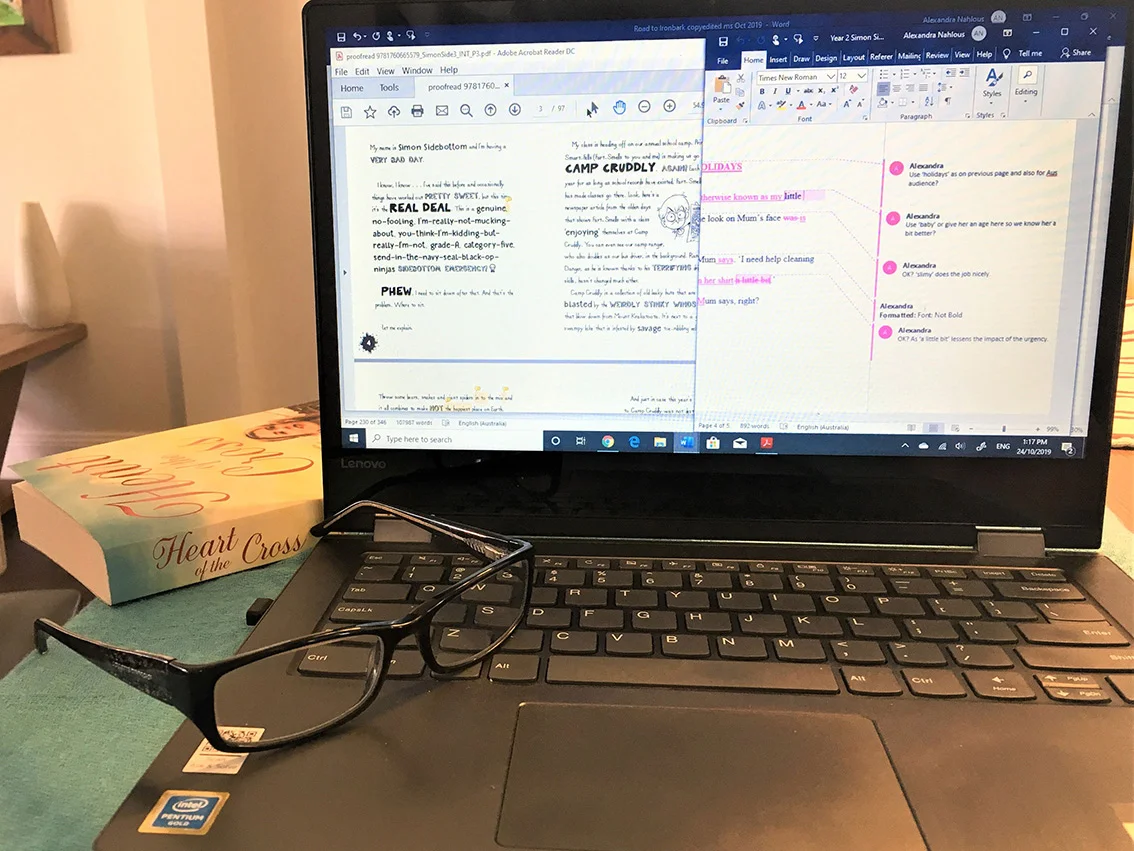Why do I need an editor?
Many authors ask themselves this question. Particularly if they’ve been part of a writing group and have had peer feedback on their manuscript.
But an editor is much more than a peer reader. They don’t simply read a manuscript and offer their opinion on what they like and don’t like in a manuscript. In my experience over the many years I’ve been an editor, when authors have got varying feedback from friends, family or peers on what they have liked and disliked in a manuscript, this hasn’t been helpful for the authors in terms of being able to develop their manuscript. That’s because it isn’t enough to have an opinion on what we personally like and don’t like in a story. Of course you’re entitled to it as a reader, but as a critical reader, you need to give authors much more constructive advice on why things aren’t working, and crucially, how they can go about addressing those problems.
This is what distinguishes an editor from all other readers. An editor is a critical reader, an expert in their field of fiction or non-fiction or both. And they are often an expert in that particular genre of fiction.
What makes them an expert? Having edited hundreds of manuscripts in that particular genre. And having read and written hundreds of structural reports and manuscript assessments. This level of experience means they look beyond personal opinions of likes and dislikes.
When an experienced editor reads the work, she/he is immediately able to assesses exactly which areas need strengthening, which characters need fleshing out, which aspects of the plot need to be explained or explored further, which twist or turn isn’t working.
This is why an editor is able to read with the big picture in mind in order to develop the work. And why she/he is able to read with an eye for the minutiae, so that every comma, every full stop is as it should be.
Don’t get me wrong. I advise authors not to work in isolation if possible. It’s vital to have the support of peers while you work, and writing groups are wonderful and important parts of the writing journey. But while they can give you support and advice as you work, at the end, when the manuscript is complete and you’re ready to present it to the world, there’s no substitute for a professional editor’s expert assessment.
Copyright © Alexandra Nahlous 2019





